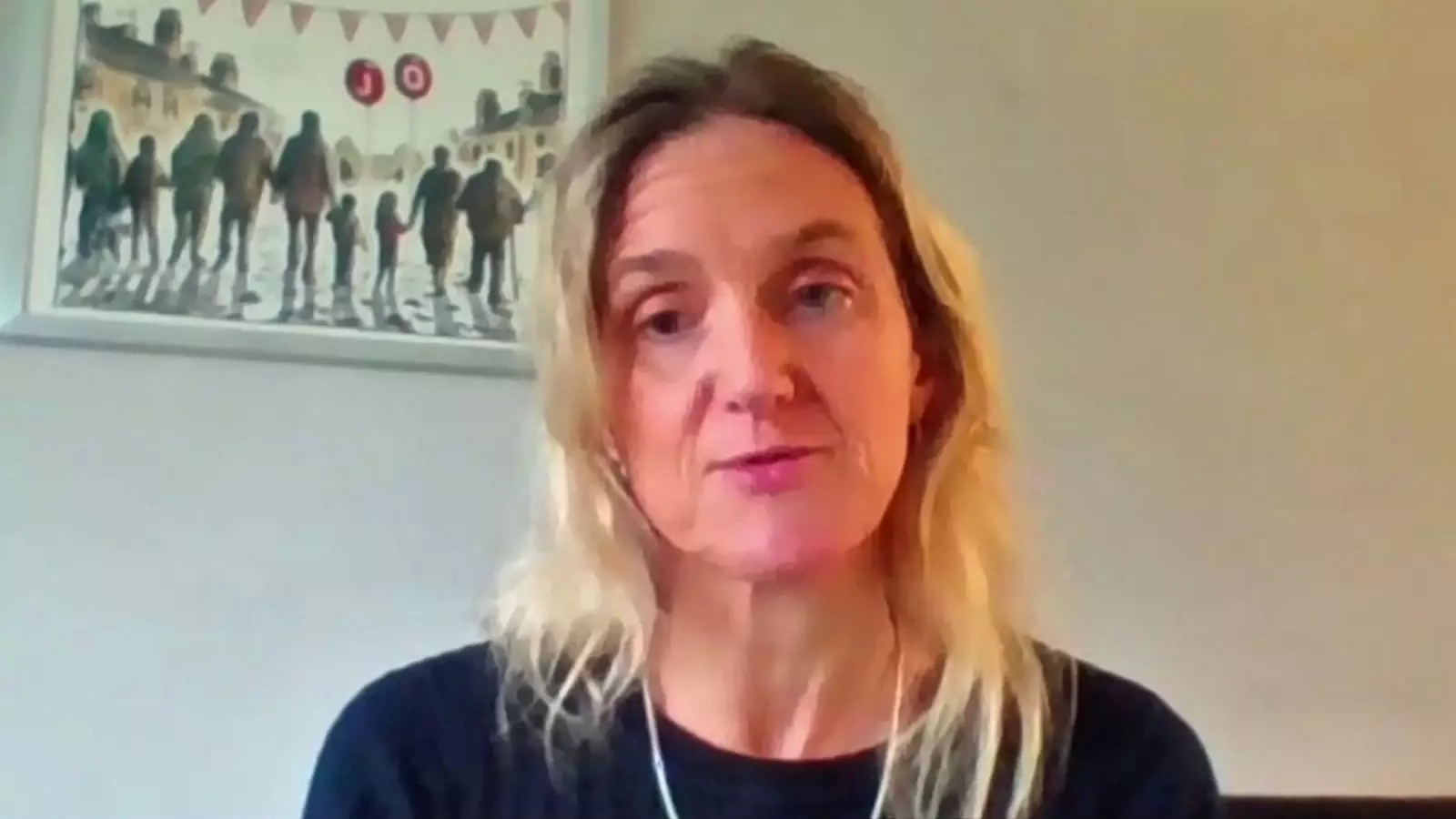The discussion surrounding assisted dying is a contentious topic that has resurfaced in the UK Parliament, with heightened scrutiny on a proposed bill aiming to allow terminally ill patients to seek assistance in ending their lives. In recent debates, Labour MP Kim Leadbeater has taken a firm stance in support of this legislation, while her colleague, Justice Secretary Shabana Mahmood, has raised alarms regarding potential ethical ramifications. The ongoing dialogue invites a deeper examination of the arguments, concerns, and implications of both sides of this delicate issue.
At the heart of Leadbeater’s proposed legislation is the notion of autonomy for individuals facing terminal illness. The Terminally Ill Adults (End of Life) Bill is designed specifically for those diagnosed with six months or less to live, establishing a framework where two medical professionals and a High Court judge must approve requests for assisted dying. This procedural requirement aims to provide a safeguard against misuse and ensure that the decision comes from a place of informed consent.
Leadbeater argues that the bill is necessary to offer compassionate choices for individuals suffering from unbearable pain, emphasizing that this legislative measure is not a blanket approval for assisted dying. The restraining criteria suggest a carefully defined scope tailored to a specific demographic – terminally ill patients who are making an informed choice about their own end of life. Her assertion that the legislation “cannot include anybody other than people who are terminally ill” seeks to alleviate fears of a wider application that could lead to a slippery slope.
In stark contrast, Justice Secretary Shabana Mahmood’s warnings reflect a prevailing concern that any legislation allowing assisted dying could potentially pave the way for a more permissive attitude towards death—termed a “slippery slope.” Mahmood articulates her profound reservations, underscoring that the state should never position itself as an arbiter of death, an argument rooted in both ethical and potentially religious considerations.
This apprehension is not unique to Mahmood; several other prominent figures express similar worries regarding the implications of such legislation. It raises vital ethical questions about the role of government in life and death decisions. Critics fear legislation could inadvertently pressure vulnerable individuals into choosing assisted dying over resources and support that ensure a dignified and comfortable end-of-life experience.
Significantly, this issue has emerged amidst a free vote in Parliament, allowing Members of Parliament (MPs) to align their votes with their personal beliefs rather than political directives. This approach has fostered a spectrum of perspectives within the Labour Party, generating a platform for voices both supporting and opposing the bill.
The discourse portrays an internal divide, as Labour peer Charlie Falconer chastised Mahmood’s remarks, asserting they infringe upon individual religious freedoms. This internal criticism illuminates the broader societal debate on religious belief and its intersection with legislative policy. Additionally, it raises questions concerning whose values should dictate lawmaking — individual choice versus collective moral stances anchored in specific religious frameworks.
One of the pivotal aspects of Leadbeater’s bill is addressing the potential for coercion. By criminalizing any form of coercion related to assisted dying, the legislation endeavors to protect vulnerable individuals from undue influence or pressure in making irrevocable decisions. This provision serves as both a safeguard for patients’ rights and a recognition of the fears surrounding assisted dying practices.
While Leadbeater asserts confidence in the safeguards presented in her bill, the ongoing debate reflects the complexities underlying discussions of personal choice versus moral implications. As public opinion continues to sway, those advocating for assisted dying seek to demonstrate not only the humanity embedded in such choices but also the necessity of respect for individual autonomy in end-of-life decision-making.
Ultimately, the narrative around assisted dying legislation hinges on profound ethical dilemmas and emotional weight. As Kim Leadbeater champions the rights of terminally ill individuals to choose their path, the caution urged by Shabana Mahmood reminds society of the stakes involved. Each argument invites the public to engage thoughtfully with a debate that is as much about compassion as it is about social values. As societies evolve, these conversations will remain significant, reflecting the challenges inherent in balancing individual freedom with collective ethical considerations.

Leave a Reply